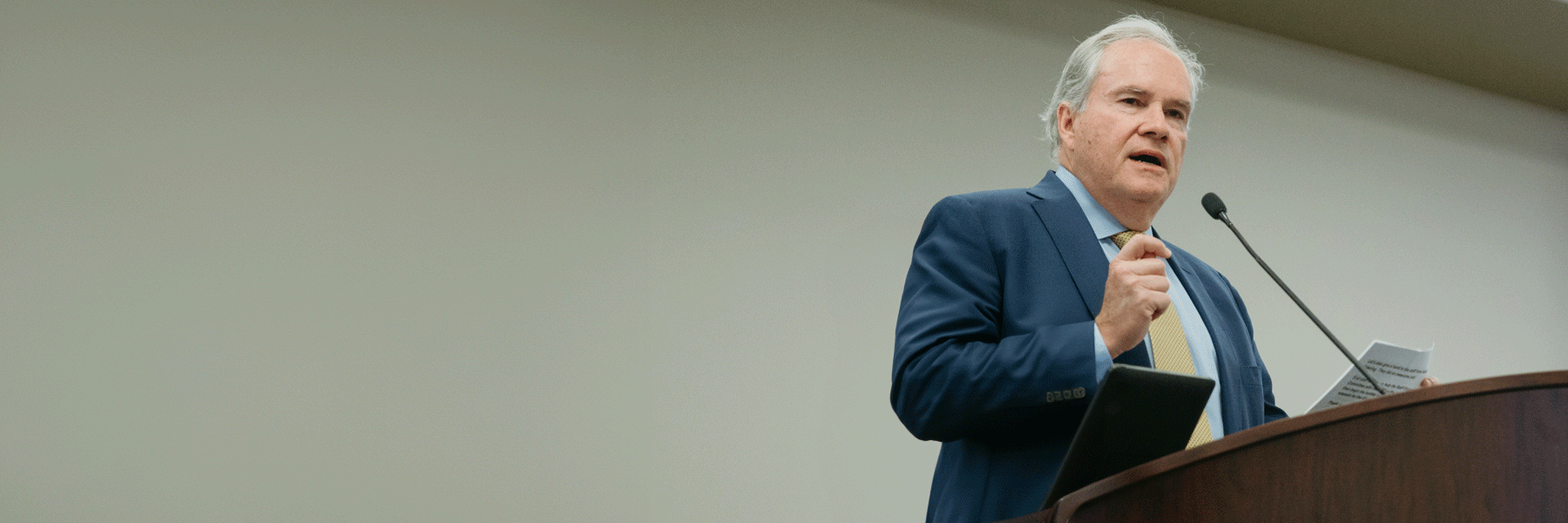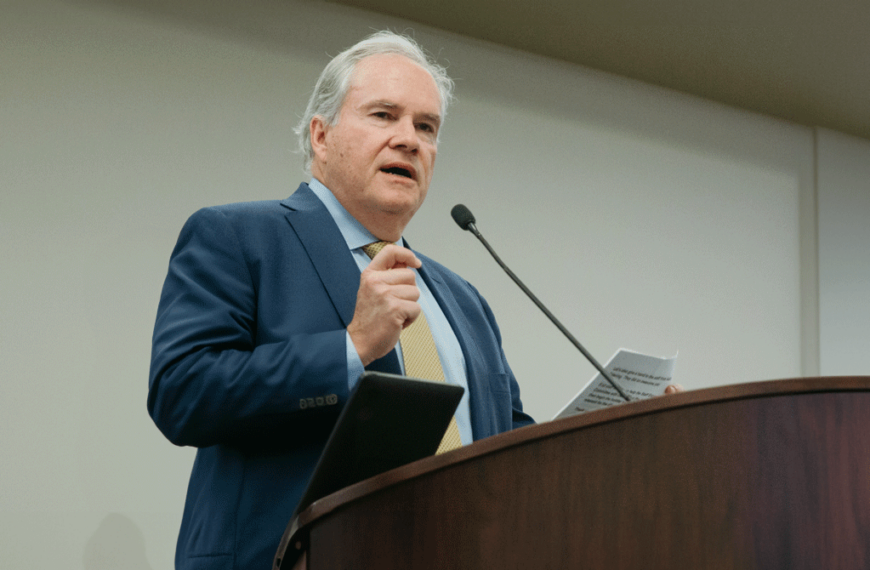Every piece of financial certainty our hospitals can get these days is appreciated – especially for the facilities that treat the most vulnerable Texans. For the rest of this year, at least, our safety-net hospitals have a sense of certainty that’s been a long time coming.

Hospitals that receive Medicaid Disproportionate Share Hospital (DSH) payments are the key to making sure we can treat as many Texans as possible as our state continues to carry the nation’s highest uninsured rate. For over a year now, the Texas Hospital Association and other industry groups have pushed Congress to repeal deep cuts to those payments, planned for fiscal years 2024 through 2027.
For Texas DSH hospitals, the would-be impact was significant: $3.2 billion over the span of the cuts. And we’ve known that the real-world ramifications would be every bit as big as that number sounds. With every new round of congressional negotiations surrounding a short-term funding deal to keep the federal government open, our advocacy succeeded in pushing back the cuts. But we still needed a longer-term repeal.
Last month, a final determination needed to be made by March 9 before the cuts were fully implemented for the federal fiscal year. Fortunately, Congress passed and President Joe Biden signed a spending package that fully repeals the cuts for federal fiscal year 2024, and delays any reductions until Jan. 1, 2025.
With one year taken care of, and $800 million officially saved for Texas’ DSH facilities, it’s definitely a start. Uncompensated care comes at a facility’s expense as it fulfills its obligation to care for patients regardless of a patient’s financial circumstances. Cuts like the ones scrapped for this year represent a 37% reduction in DSH funding and create unnecessary financial strain on hospitals treating our most financially disadvantaged patients.
There was also a welcome byproduct in settling the 2024 component of this issue: it’s helping our DSH facilities handle the fallout from the Change Healthcare insurance hack that rocked hospitals in late February, interrupting cash flow and claims processing across the nation. In March, THA urged the Texas Health and Human Services Commission (HHSC) to help facilities struggling with the impacts of the breach by taking advantage of the newly restored funding. The agency responded by announcing an April “off-cycle” advance payment for DSH hospitals. HHSC said the restoration of the federal DSH allotment for this fiscal year made it possible to pay extra fund when hospitals needed it most.
So on multiple fronts, taking the cuts off the table for 2024 was a major victory. Thanks to our advocacy and those of our partners in that pursuit, DSH hospitals dodged disastrous cuts and financial burdens. But with three years of DSH cuts still set to take effect at the start of 2025, more challenges lay ahead. The $2.4 billion in cuts that remain on the docket for 2025-2027 must be eliminated for our safety-net providers to survive and serve our state.
With an election year upon us, as hospitals proceed toward an uncertain landscape for 2025 and beyond, we must make a concentrated effort to remind lawmakers that we need more action from them to continue our lifesaving work.
Originally posted in the Houston Medical Journal.
Related articles from The Scope
Repeal of 2024 Cuts Are a Needed First Step to Protect Our Safety Net
Every piece of financial certainty our hospitals can get these days is appreciated – especially for the facilities that treat the most vulnerable Texans. For the rest of this year,…
Workplace Violence: Breaking a Cultural Norm
When the Texas Hospital Association pushed for key steps to protect health care workers from violence during last year’s state legislative session, it was trying to reverse a long-standing pattern…
How FQHCs Can Stay HRSA-Compliant
Health care compliance — adhering to rules, standards, policies, laws, and regulations related to medical practices — is about keeping operations running smoothly. It also promotes safe, high-quality care, and…
HOSPAC: Agents of Change
Out of all the ways the Texas Hospital Association pushes for better health care in Texas, HOSPAC – the only political action committee that represents all Texas hospitals – may…




